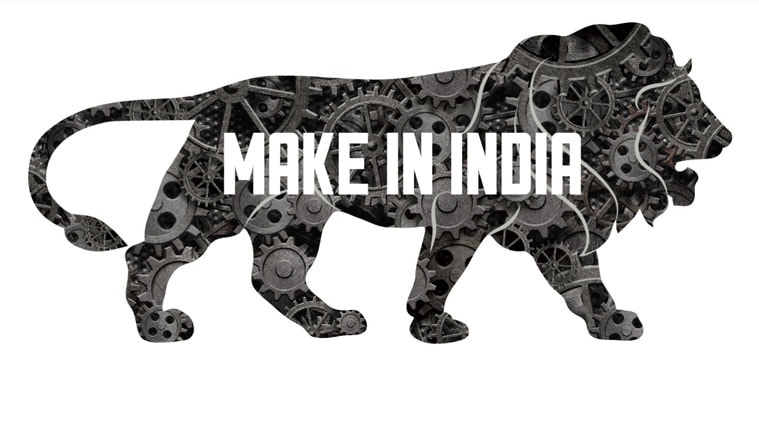But, I have always maintained that the presence, the need, and the growth of such organizations actually reflects something more serious that I have always been worried about: The breakdown in the social contract. The big holes in the social safety net.
Consider, for instance, the homeless. Whatever be the circumstance, there is something seriously wrong when there are homeless people out on the streets and in makeshift cardboard tents. Especially on cold and wet winter days and nights. What happened to the social contract to take care of them?
Republicans decided a long time ago that this is not a collective problem that we need to address. To the typical Republican, protecting guns and protecting fertilized human eggs are the kinds of "collective" problems that taxes are for, and not to address real, in-your-face, human problems like homelessness.
Homelessness is not a blue-state problem nor a red-state problem. It is not a problem faced only by fair-weather cities. It is large-scale, with a whole range of reasons that are largely beyond the scope of any one local entity. But, the rabid Republicans even stopped talking about these problems. If they didn't recognize the problem, it does not exist, right? And they can then press on with real problems like Haitians working with ISIS to steal all the American jobs!
These collective issues are then left to the liberal wusses and the truly religious to take care of them. Our hearts bleed and we do our best to take care of them. But, the massive effort requires the machinery of the government, which is exactly what the damn Republicans do not want to fund:
The dystopian social safety net alleviates pain and suffering, so it is necessary in the short term. But the roots of the pain and suffering need to be addressed, and when there are shortcomings (as there will be), the government should be the safety net, not only civil society.A few months ago, I read about a group that was trying to help poor mothers post bail. It is not as if these mothers had assaulted or killed. Nope. It could even be simple scenarios like this: They have a broken brake light in their cars, which they have not fixed because of the precarious economic lives they lead. The police officer tickets them, especially if the women are non-white. These women don't have the money to pay the ticket because they are dealing with far more pressing issues. And soon, well, the government decides that non-payment is a felony and they are jailed.
I donated money to that group. That's what we bleeding-heart liberal wusses do. But, groups like that shouldn't even have to exist in the first place!
But these programs, though wonderful and needed, shouldn’t have to exist in the first place. Of course, they should be praised and supported. But they should also be understood for what they are: temporary palliatives that we should not accept as long-term solutions.Exactly. But, guess who has to figure out the long-term solutions?
Such is the state of affairs, which we don't typically see in Scandinavia, for instance. Why? Because, the nearly all-white GOP is worried that the beneficiaries will be non-white people.
Is it, therefore, any surprise that the rabid republicans voted for the openly racist white male? The surprise will be if he does not get re-elected!
